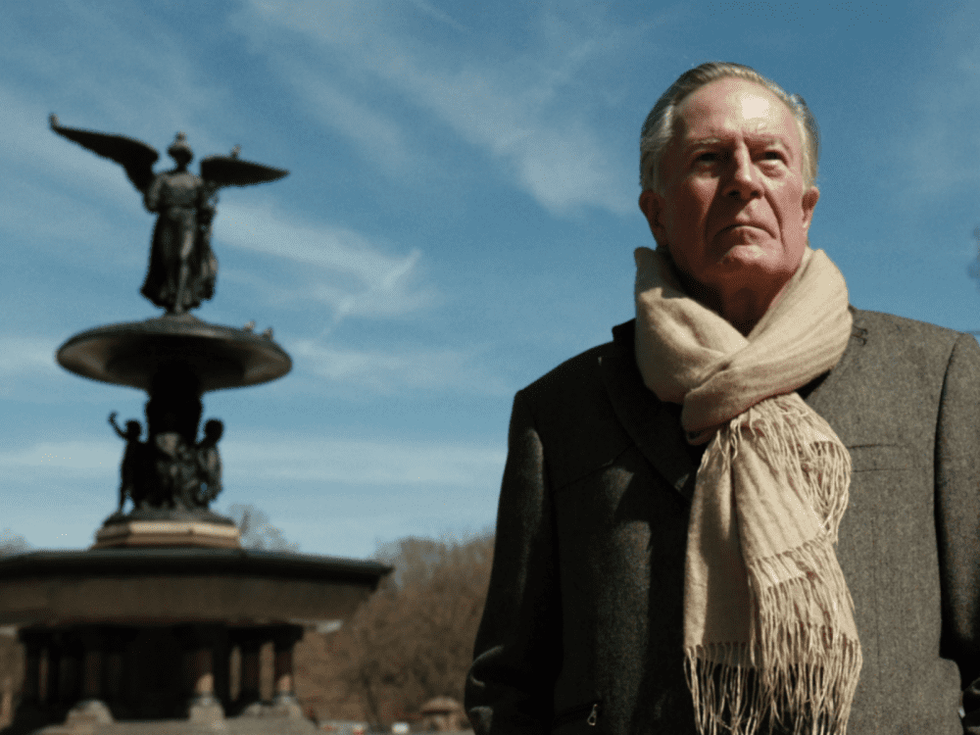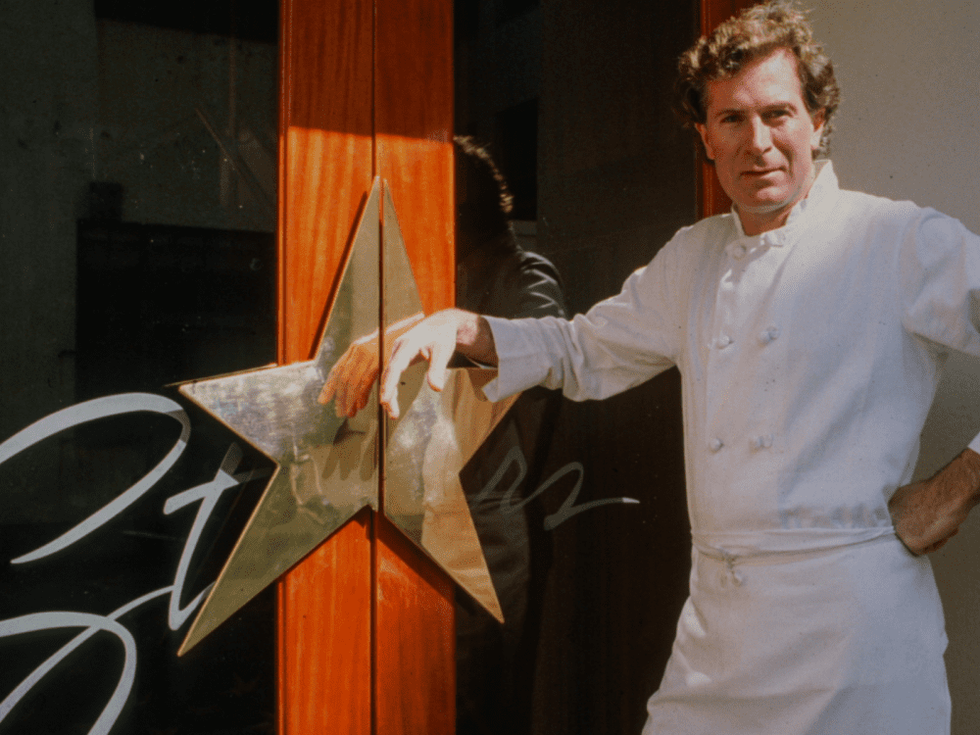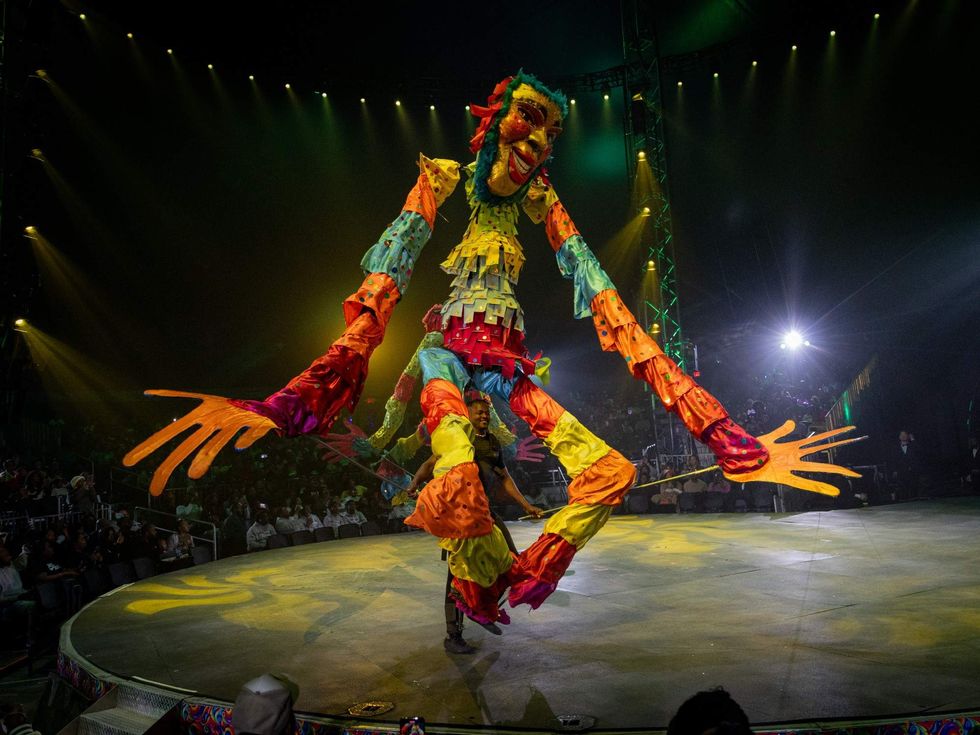Movie Review
Jeremiah Tower: The Last Magnificent offers choppy take on celebrity chef's life
The name Jeremiah Tower probably does not ring a bell for most people, but if you consider yourself a foodie, especially dating back to the 1980s, Tower looms large. That’s because before there was ever the term “celebrity chef,” Tower was considered to be a true star, both for his cooking acumen and for his desire to be in the spotlight.
Jeremiah Tower: The Last Magnificent is a documentary that traces Tower’s rise in the restaurant world, his feuds, his mysterious withdrawal from society, and his out-of-nowhere attempt at becoming relevant again. As detailed by director Lydia Tenaglia, Tower turned a chilly childhood with distant parents into an obsession with food, mainly because of all the high-end restaurants they would frequent.
Despite a lack of formal training, Tower caught on quickly at a Berkeley, California, restaurant called Chez Panisse, thanks to his charm, ambition, and innate skills. But, like many chefs, his demanding and pushy ways saw him butt heads with many people, including restaurant owner Alice Waters. After a period in the 1970s that saw Chez Panisse, and Tower's style of California cuisine, rise to prominence, Tower decided to strike out on his own.
The opening of Stars in San Francisco is where Tower truly flourished, as it allowed him to not only have complete control in the kitchen but also hob knob with the many local and national celebrities who would flock to the restaurant. He took what was a dilapidated property and turned it into the hot spot in the Bay Area, almost purely through sheer force of will. Like with Chez Panisse, though, his time at Stars burned brightly before flaming out a few years later.
Tower is indisputably a fascinating figure, and his renown among those in the know is evident by the number of big-name celebrity chefs and food commentators interviewed in the film. Among others, Anthony Bourdain, Martha Stewart, Mario Batali, Ruth Reichl, and Jonathan Waxman make appearances. But it’s the people who worked in the restaurants alongside Tower who provide the true insights, as they show what a magnetic, brilliant, and insufferable man he could be.
But what the film lacks is a strong editorial hand. At one point, it is strongly intimated by one interviewee that the reason for the demise of Stars is a mystery. Much later, other interviewees give very specific reasons for why the restaurant failed, providing a strange contradiction.
The film also hopscotches back and forth in time, preventing the film from having a clear narrative thread. There is a 25-year chunk in the middle of Tower’s life that is left mostly unaccounted for, and the fact that Tenaglia essentially yada-yadas a quarter century is odd, especially since she had such unfettered access to the man himself.
How and why the the supposed recluse allowed a documentary film crew into his life also remains unknown. This isn’t a question you would normally ask of a documentary, but since Tower’s absence from the food world for 25 years is supposed to be important in the film, it’s a fair question.
Given that Bourdain is an executive producer on the film and appears in the movie multiple times, it wouldn’t seem to be a stretch to assume that he played a big part in facilitating any interactions. But there’s no hint of that in the film, so the audience is left to wonder why a man who withdrew so strongly from the world would all of a sudden be open to the idea of transparency.
As with his stints at various restaurants, though, the draw of Tower’s fiery personality makes the film an absorbing experience. You may not want to deal with him personally, but you can’t help but be captivated by the life he’s led.









